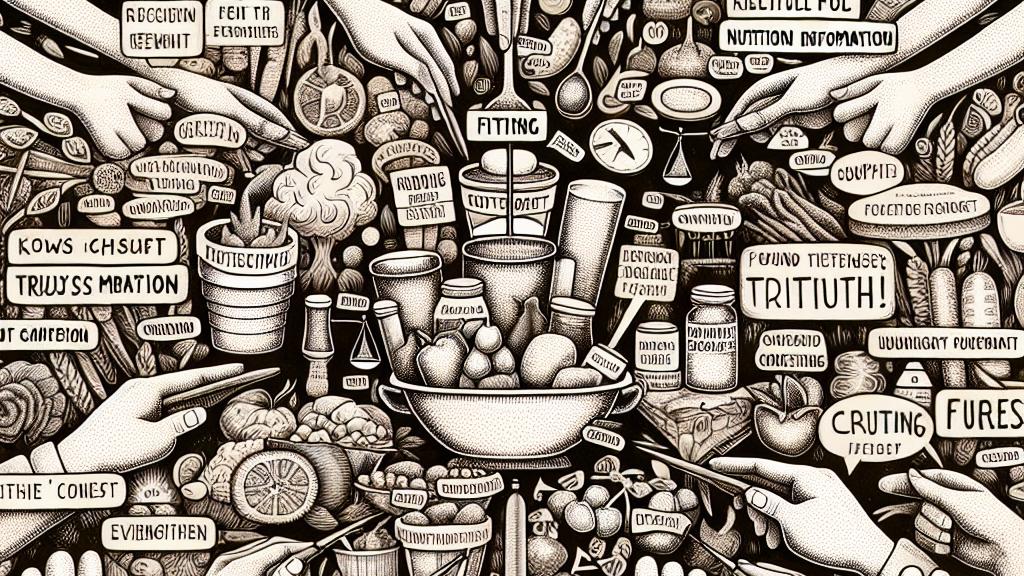How to Spot Truthful Nutrition Information
Overview
- Nutrition misinformation is everywhere, making it easy to be misled.
- Recognizing specific red flags helps identify trustworthy nutrition advice.
- Equipping yourself with knowledge is essential to combat health fraud.

The Challenge of Finding Accurate Nutrition Information
In a world where nutrition information bombards us from every angle, sorting through it can feel like an overwhelming puzzle. Imagine scrolling through your social media feed only to find a post claiming that a particular superfood can magically enhance your health. Meanwhile, another source insists that same food is harmful. This tension often leaves people confused. Experts, like Amy Pugh Bernard from the University of Colorado, emphasize that even well-trained nutrition professionals frequently disagree. This disarray means you must be discerning when it comes to nutrition.
Recognizing Red Flags
When diving into nutrition claims, knowing what to look out for can make all the difference. For example, if a product promises rapid weight loss or miraculous health cures, it's time to pause and think. Bernard points out that many dietary supplements lack rigorous testing, which leaves consumers vulnerable to exaggerated claims. Picture an ad claiming you'll shed pounds just by taking one pill. Such assertions are not only misleading but also indicate the need for healthy skepticism. Always remember, if something sounds like a fantasy, it often is.
Skepticism Towards Simplistic Claims
Misinformation thrives on oversimplified narratives. Take the common belief that vitamin C can ward off colds; while it has benefits, research reveals a more complex story. For instance, while marathon runners may gain slight benefits from extra vitamin C, everyday people might not notice much difference at all. This illustration shows that nutrition is a multifaceted field where one-size-fits-all advice falls short. Next time you come across a sweeping statement, challenge it—diving deeper usually uncovers the nuances.
Understanding the Impact of Misinformation
The implications of nutritional misinformation can be dire. Imagine someone choosing an elusive supplement over a proven medical intervention, such as chemotherapy for cancer. This choice not only jeopardizes their health but also highlights Bernard's crucial point: relying solely on dubious nutrition advice can lead to dire consequences. Thus, it’s vital for you to cultivate a critical mindset when confronted with health claims. Taking the time to evaluate these claims is essential for your well-being.
Final Thoughts: Empower Yourself with Knowledge
In today's age of information overload, being vigilant about the nutrition information you encounter is more critical than ever. Equip yourself with practical skills by questioning sources, seeking solid scientific evidence, and approaching broad claims with a healthy dose of skepticism. Implementing these strategies allows you to not only guard against misleading information but also empowers you to make choices that positively affect your health. Remember, knowledge is your strongest ally against health fraud. So take charge, stay informed, and navigate the intricate world of nutrition with unwavering confidence!

Loading...